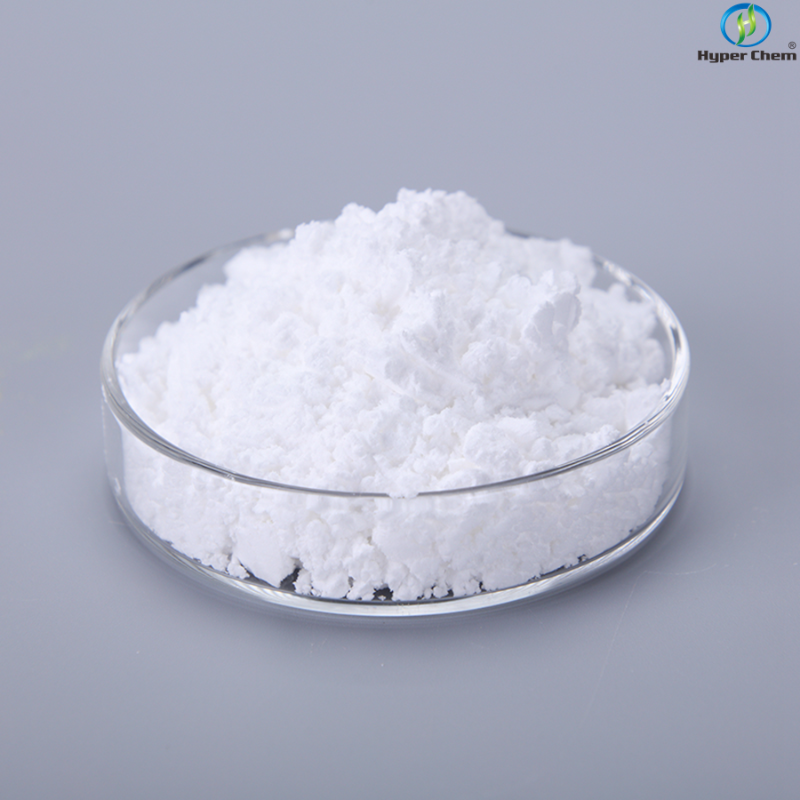-
Categories
-
Pharmaceutical Intermediates
-
Active Pharmaceutical Ingredients
-
Food Additives
- Industrial Coatings
- Agrochemicals
- Dyes and Pigments
- Surfactant
- Flavors and Fragrances
- Chemical Reagents
- Catalyst and Auxiliary
- Natural Products
- Inorganic Chemistry
-
Organic Chemistry
-
Biochemical Engineering
- Analytical Chemistry
-
Cosmetic Ingredient
- Water Treatment Chemical
-
Pharmaceutical Intermediates
Promotion
ECHEMI Mall
Wholesale
Weekly Price
Exhibition
News
-
Trade Service
5-(Hydroxymethyl)-alpha,alpha,alpha',alpha'-tetramethyl-1,3-benzenediacetonitrile, commonly known as NS-398, is a potent and selective inhibitor of cyclooxygenase-2 (COX-2).
This molecule has been widely studied for its potential use as an anti-inflammatory and analgesic drug, and has been the subject of much research in the field of medicinal chemistry.
The synthesis of NS-398 involves a multi-step process, which involves the synthesis of several key intermediates.
The first step in the synthesis involves the preparation of an intermediate known as 4,5,6,7-tetrahydrobenzo[b]thiophene-2-carboxylic acid.
This intermediate can be synthesized by several different methods, including the condensation of 4-chloro-7-nitrobenzoxazepine with 2-aminobenzoic acid, followed by hydrolysis of the resulting N-nitroso compound.
Once the 4,5,6,7-tetrahydrobenzo[b]thiophene-2-carboxylic acid intermediate has been synthesized, the next step involves the conversion of this compound to the corresponding nitrile.
This is typically accomplished through a sequence of reactions involving the treatment of the carboxylic acid with sodium nitrite, followed by reduction of the resulting nitro compound using hydrogen in the presence of a metal catalyst.
The final step in the synthesis of NS-398 involves the condensation of the nitrile intermediate with aniline.
This reaction is typically carried out in the presence of a strong acid catalyst, such as sulfuric acid, and can be performed under standard conditions for nitrile substitution reactions.
The resulting product is then purified and characterized to ensure that it meets the desired specifications for purity and identity.
NS-398 has been shown to have potent and selective inhibitory activity against COX-2, which is an important enzyme involved in the production of prostaglandins.
Prostaglandins are involved in a variety of physiological processes, including pain, inflammation, and fever, and dysregulation of these processes has been implicated in a variety of diseases, including arthritis, cancer, and cardiovascular disease.
NS-398 has been shown to be selective for COX-2 over COX-1, which is the enzyme responsible for the production of prostaglandins involved in the maintenance of normal renal function.
This selectivity is important, as inhibition of COX-1 can result in serious side effects, including ulcers and bleeding.
NS-398 has been studied extensively in preclinical and clinical trials as a potential treatment for a variety of diseases, including osteoarthritis, rheumatoid arthritis, and cancer.
In addition to its potential use as an analgesic and anti-inflammatory agent, NS-398 has also been shown to have anti-tumorigenic and anti-angiogenic effects, making it a promising candidate for the treatment of cancer.
In conclusion, the synthesis of NS-398 involves a multi-step process, which can be accomplished using a variety of synthetic methodologies.
This molecule has been shown to have potent and selective inhibitory activity against COX-2, and has been studied extensively in preclinical and clinical trials as a potential treatment for a variety of diseases.
Although further research is needed to fully evaluate the potential benefits and risks of NS-398, it is clear that this molecule represents an important new therapeutic option for the treatment of diseases characterized by inflammation, pain, and abnormal cellular proliferation.







